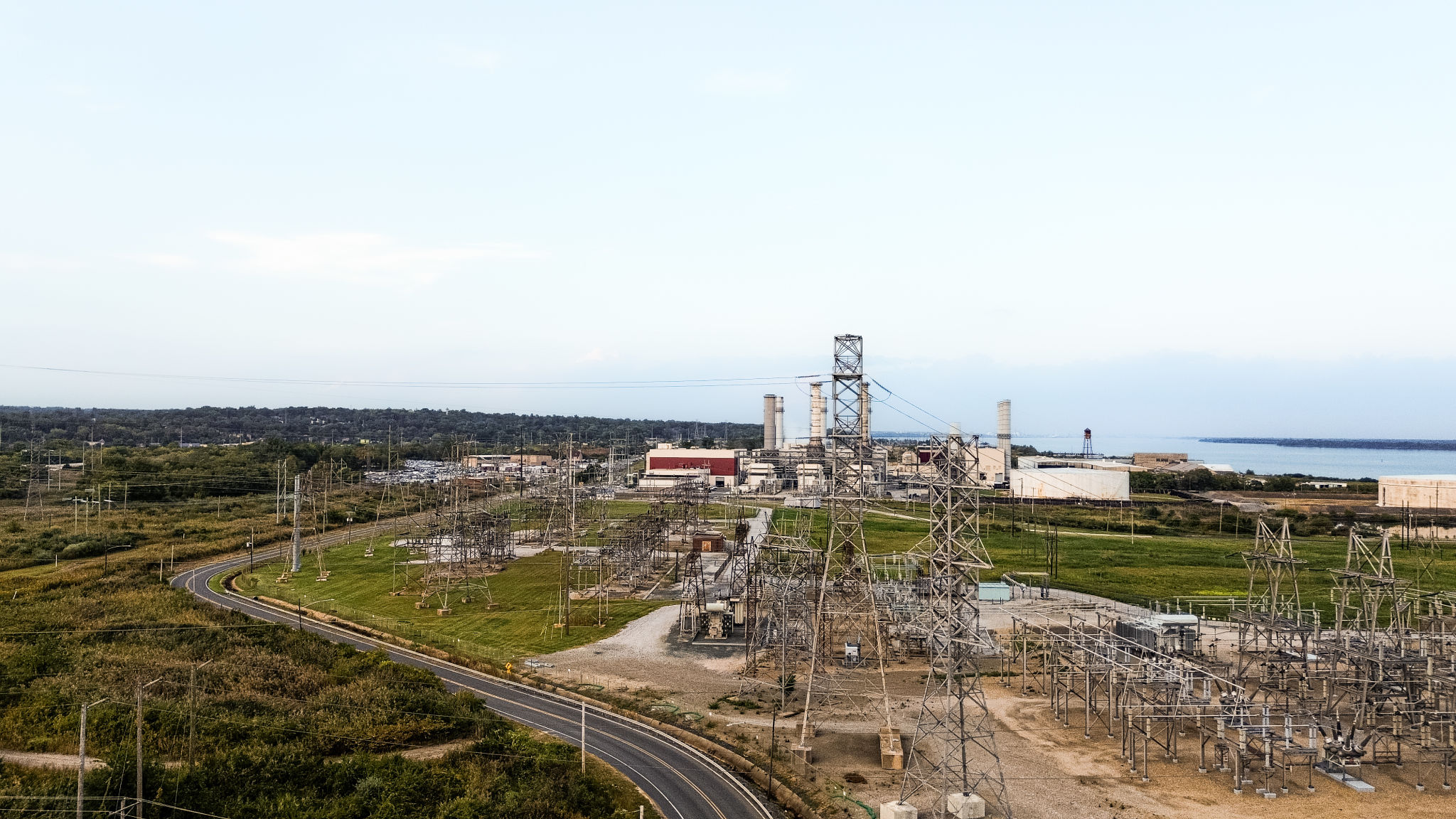Local Regulations in Delaware: What Manufacturers Need to Know for Compliance
Understanding Delaware's Regulatory Environment
For manufacturers operating in Delaware, staying compliant with local regulations is crucial. The regulatory environment in Delaware is shaped by a combination of state and federal laws that govern various aspects of manufacturing. These regulations are designed to ensure safe, efficient, and environmentally responsible manufacturing processes.
The state of Delaware has a reputation for being business-friendly, but this does not mean manufacturers can overlook compliance. Ensuring that your operations adhere to local laws will not only keep your business out of legal trouble but also enhance your reputation and operational efficiency.

Environmental Regulations
One of the most significant areas of regulation for manufacturers in Delaware involves environmental compliance. The Delaware Department of Natural Resources and Environmental Control (DNREC) plays a crucial role in overseeing environmental safety. Manufacturers must adhere to regulations related to air and water quality, waste management, and hazardous materials.
Key environmental regulations include:
- Air Quality Permits: Required for facilities that emit pollutants.
- Water Discharge Permits: Necessary for operations that discharge wastewater.
- Waste Management: Compliance with hazardous and non-hazardous waste disposal regulations.

Workplace Safety Standards
Delaware manufacturers must also adhere to workplace safety standards to protect their employees. The Occupational Safety and Health Administration (OSHA) sets forth guidelines that are enforced at the state level. Compliance with these standards is not only a legal requirement but also a moral obligation to safeguard your workforce.
Manufacturers should ensure that all safety equipment is up to date, employees are properly trained, and workplace hazards are minimized. Regular audits and inspections can help maintain compliance and prevent workplace accidents.

Taxation and Financial Reporting
In addition to operational compliance, manufacturers in Delaware need to be aware of state-specific tax regulations. Delaware does not impose a state-level sales tax, but manufacturers must comply with other tax obligations such as corporate income tax and gross receipts tax.
Accurate financial reporting is essential for compliance. Manufacturers should work closely with financial advisors or accountants who are familiar with Delaware’s taxation policies to ensure all financial obligations are met.
Staying Informed and Proactive
The regulatory landscape is continually evolving, and manufacturers must stay informed about any changes that may affect their operations. Joining industry associations and attending regulatory workshops can provide valuable insights into new regulations or amendments to existing laws.
Proactively managing compliance through regular training sessions and audits can prevent costly penalties and enhance your company's operational integrity. Embracing a culture of compliance within your organization will not only fulfill legal requirements but also contribute to long-term success.
